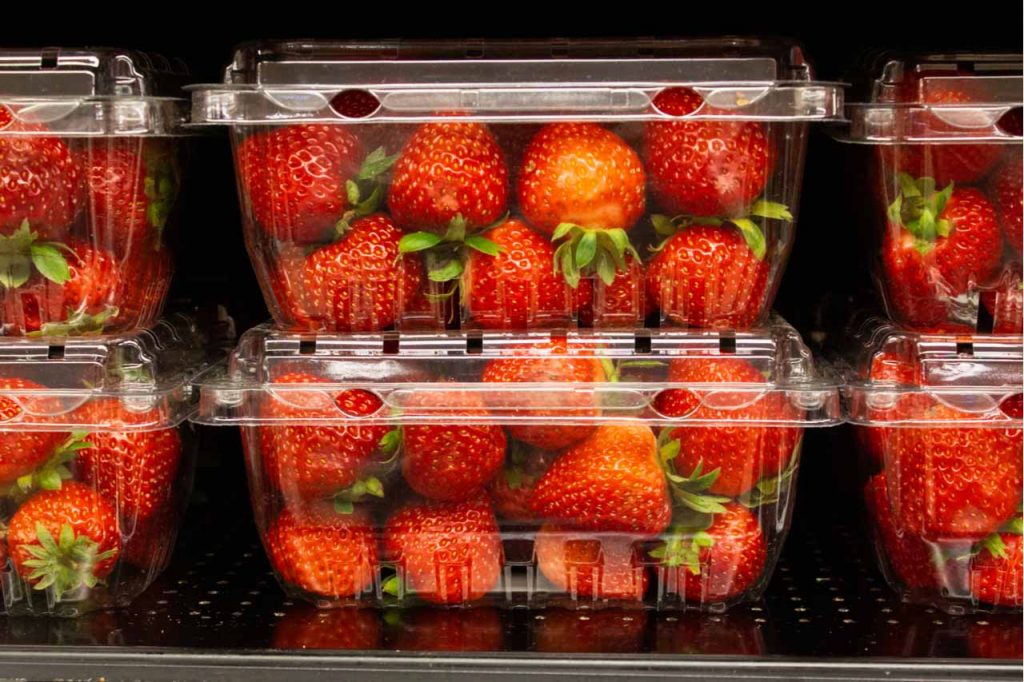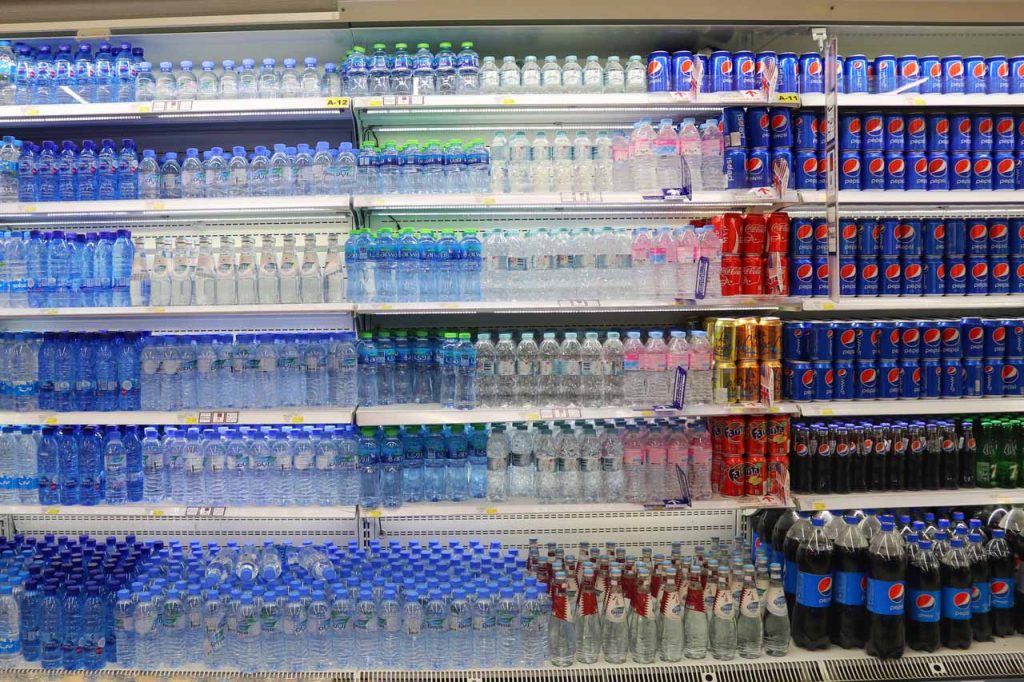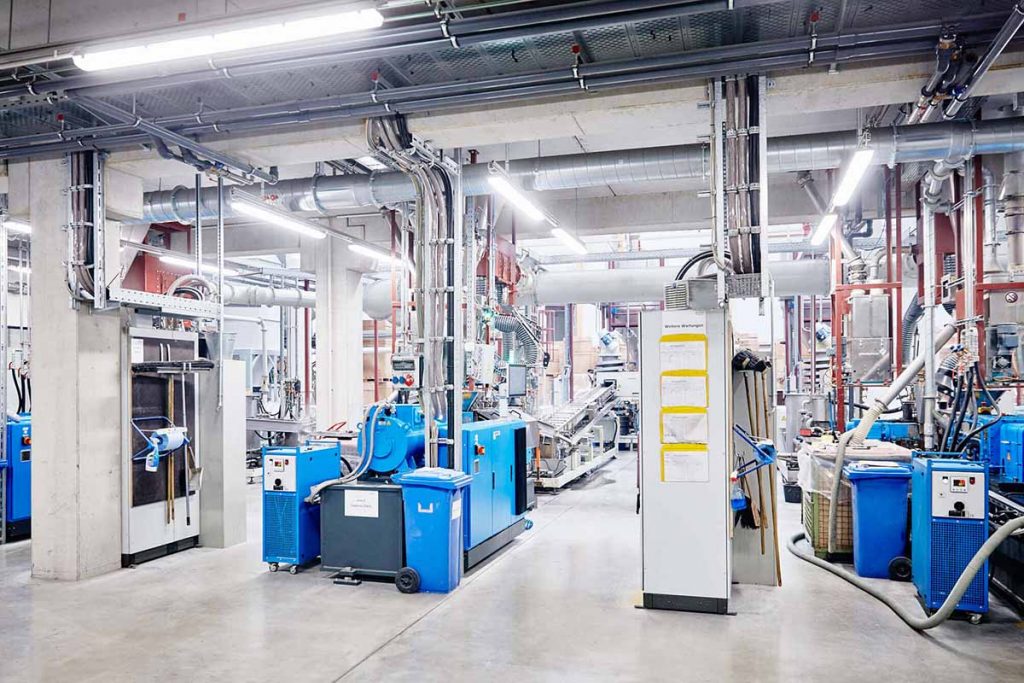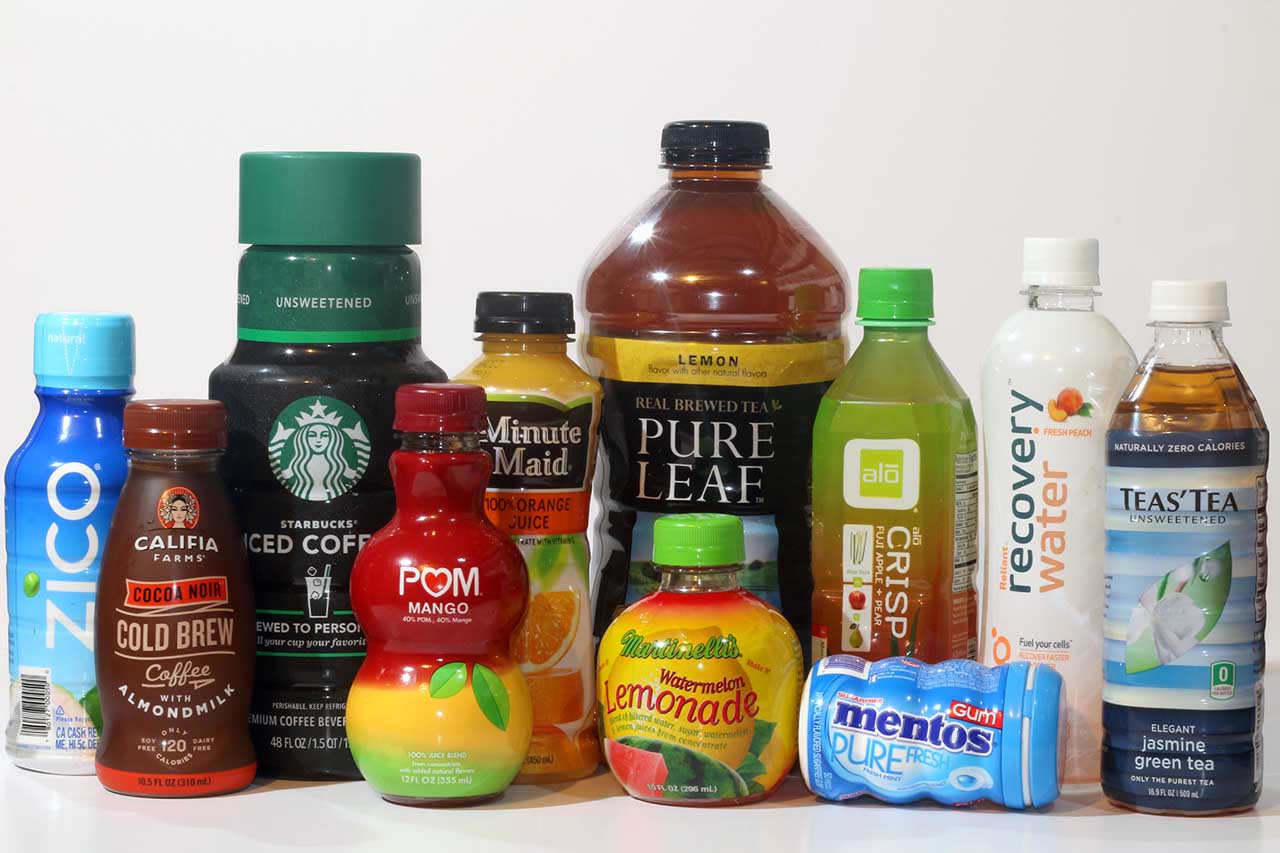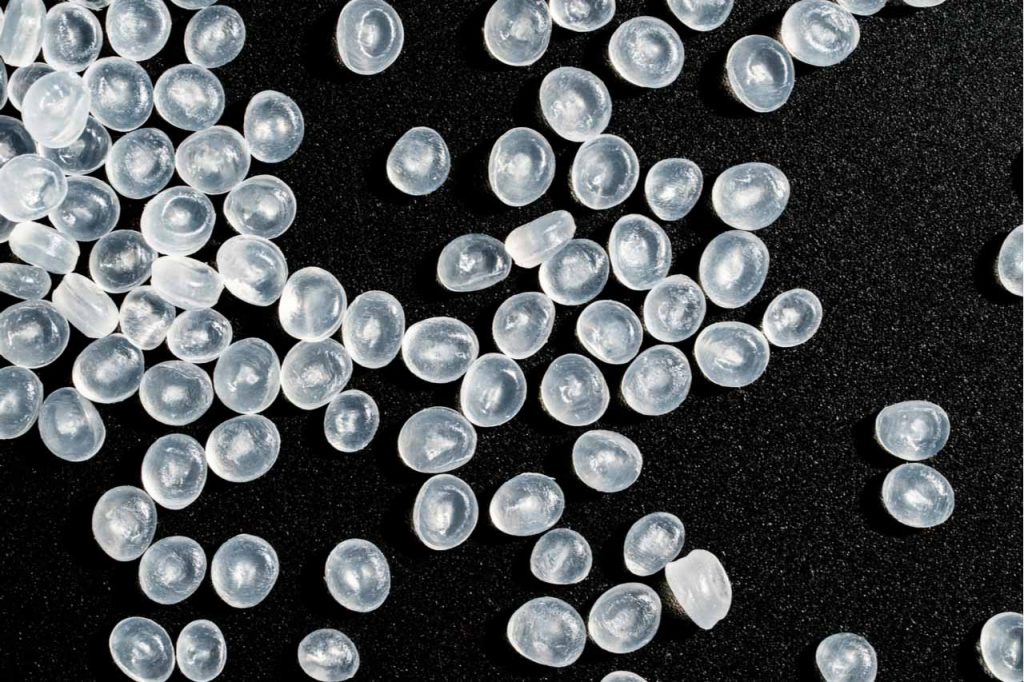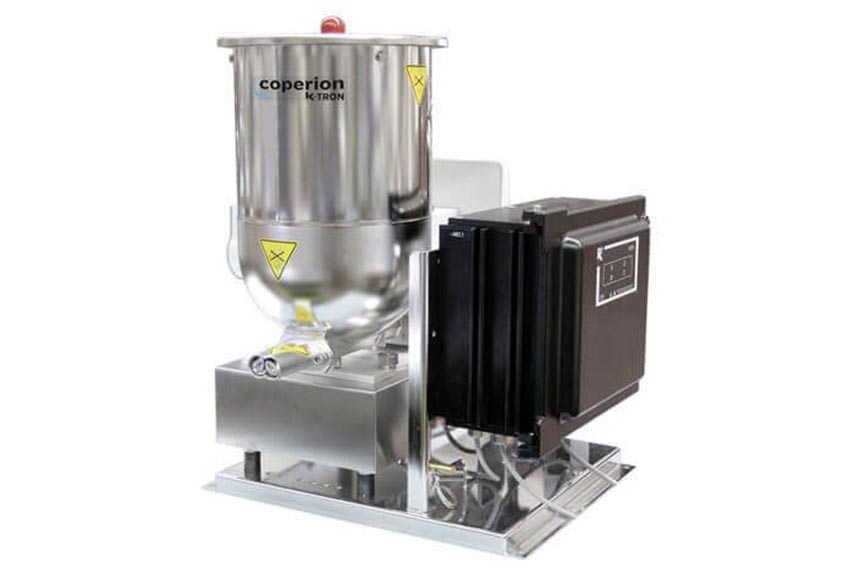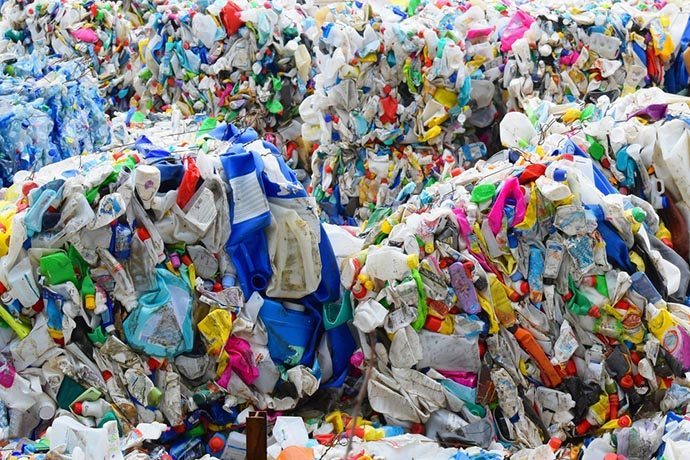
Encina and Braven Environmental are new to the chemical recycling sector. | Tunatura/Shutterstock
A pair of companies recently announced plans to build commercial-scale pyrolysis facilities, with one set for Texas and the other in Virginia. The plants will convert scrap plastics into chemical products.


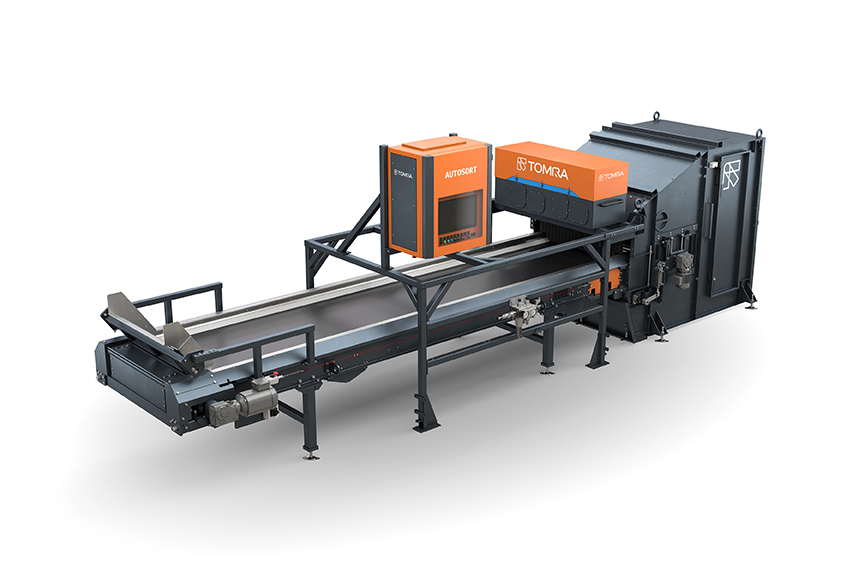
 Reclaimers install specially designed shredders, scientists tweak scrap thermosets so they can be remolded, and four technologies win over $1 million in grants.
Reclaimers install specially designed shredders, scientists tweak scrap thermosets so they can be remolded, and four technologies win over $1 million in grants.